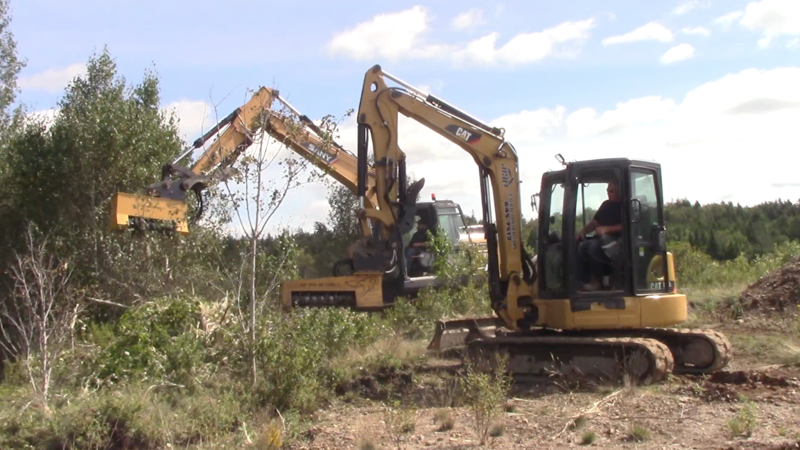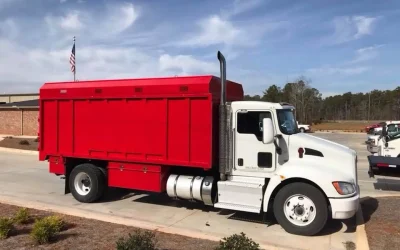Anywhere pipes are located, including chemical plants, tanker cars, petroleum storage tanks and various other manufacturing, construction and transportation facilities, ultrasonic testing can be extremely useful. Regardless of the industry, ultrasonic testing is a valuable tool for detecting hidden flaws and deterioration in pipes and other tight places. However, when ultrasonic testing is underutilized, it can result in thousands of wasted dollars spent replacing or reworking infrastructure that may not have needed it. It is important, therefore, to perform testing on a regular basis to ensure the maintenance of a healthy plumbing system and minimize the need for repairs.
Ultrasonic testing is a non-destructive, non-invasive and accurate method of measuring pipe walls without cutting out pipes for inspection. It involves emitting a high-frequency sound wave into the exterior surface of a material (such as a metal pipe) and its interior surface to calculate a precise measurement of the thickness of that material. Because of this sensitivity to detecting thickness, ultrasonic testing is extremely effective in detecting corrosion in metal pipes.
Most building owners and operators are unaware that the risk of corrosion in pipes and conduits is greater now than it was even 20 years ago. This is largely due to heavier operating demands and the use of chemicals with lower anti-corrosion effectiveness, as well as pipes of lower quality and thickness. Building contractors are looking to cut costs in any way possible and, as a result, the cheapest and shortest-lived pipes and fixtures have all too frequently been implemented in newer construction. The result is an increased need for frequent monitoring and ultrasonic testing in order to catch corrosion, cracks and other flaws before they cause issues later on down the road.
Ultrasonic testing not only pinpoints existing problems within a pipe system, but it also accurately identifies areas of concern for future corrosion problems based on the varying measurement of the thickness of a piece of pipe. While ultrasonic testing is widely used to find corrosion problems, it can also identify pipes that have no corrosion problems, eliminating unnecessary repairs and replacements. This saves building managers money and allows for better project management.
Ranger Steel products are manufactured with the highest standards of quality control and subjected to rigorous testing, including mechanical testing and ultrasonic testing. Ranger Steel has supplied North America’s steel plate needs for more than 50 years and ensures the use of quality products, competitive pricing and on-time delivery. Call Ranger Steel today at 800.231.5014 or visit us online at http://www.rangersteel.com/



